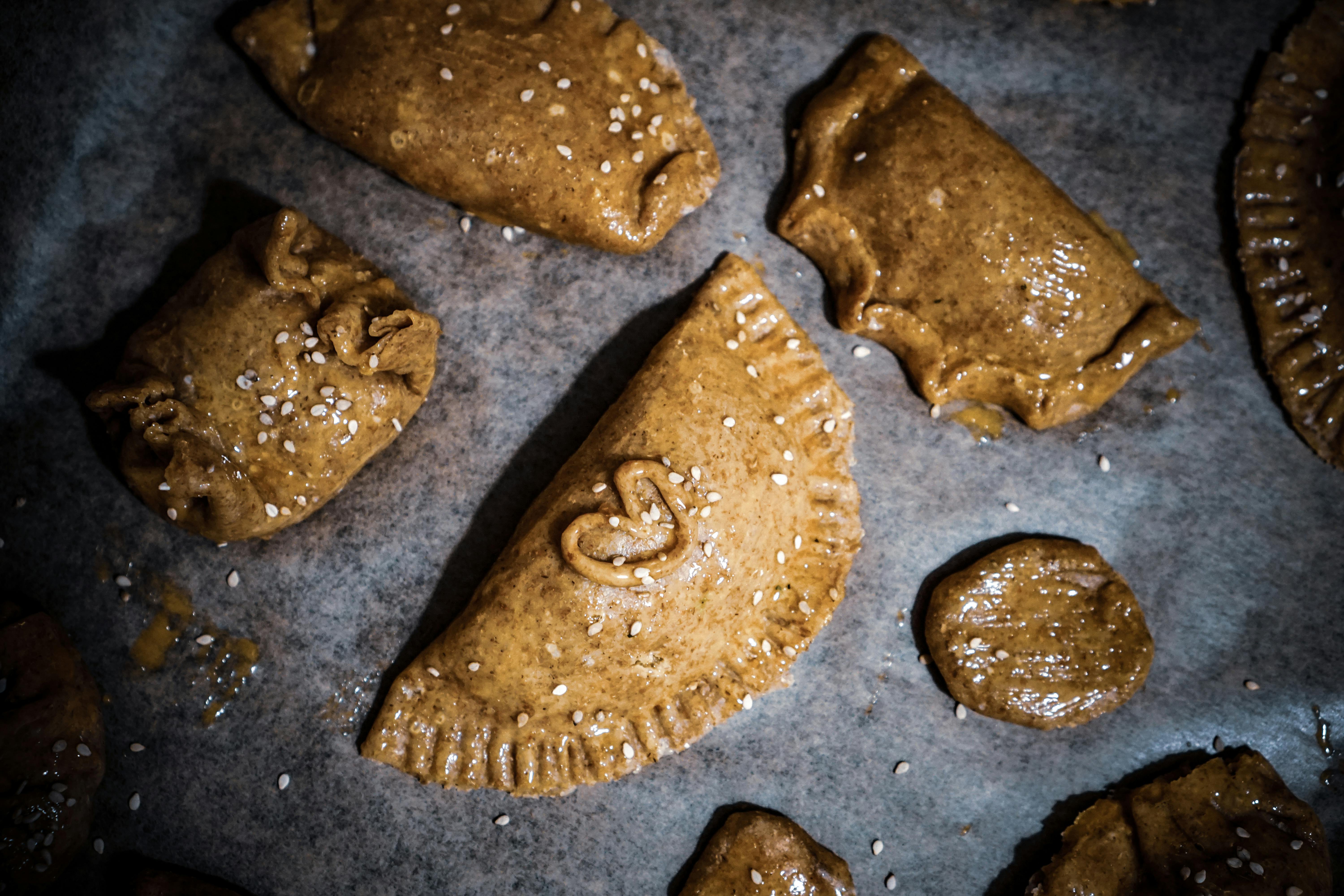
Best 7 Protein Diet Plans to Improve Your Health in 2025
In today's fast-paced world, adopting a protein diet is crucial for optimal health in 2025. Whether you're focused on weight loss, muscle gain, or simply improving your overall fitness, a balanced approach to protein intake can dramatically enhance your well-being. This article presents the best seven protein diet plans that cater to various lifestyle and health goals while ensuring delicious and sustainable eating habits.
Understanding the Importance of Protein Intake
Protein plays a vital role in every aspect of our health. From muscle recovery to maintaining a strong immune system, the benefits of incorporating sufficient protein-rich foods in your diet are manifold. To structure your protein diet, it’s essential first to understand your specific protein intake requirements based on your age, activity level, and fitness goals. Generally, the recommended dietary guidelines suggest about 0.8 grams of protein per kilogram of body weight for the average adult, but this may change significantly for those involved in intense physical activities.
Protein Diets for Weight Loss
A high-protein diet is often recommended for effective weight loss. By incorporating lean meats, legumes, and dairy into your meals, you can enhance satiety and reduce overall caloric intake. When planning your weight loss diet, focus on high protein meals that include whole foods like chicken breast, quinoa, and spinach. Not only do these meals aid in burning fat, but they also foster muscle retention during weight loss, making them ideal for anyone aiming for sustainable results. Examples could involve meals such as grilled chicken salad with chickpeas or scrambled eggs with spinach.
Protein Diets for Muscle Gain
For those pursuing a muscle gain diet, protein becomes even more paramount. Athletes and bodybuilders often require higher protein intake—up to 2.2 grams per kilogram of body weight. High-quality protein sources such as lean beef, fish, and plant-based proteins like lentils and beans should be at the forefront of your meal prep. Embrace protein shakes and protein bars as convenient options post-workout to support muscle recovery and growth. Moreover, strategic timing of protein consumption around workouts can help maximize muscle protein synthesis.
Meal Prep for Easy Protein Management
Meal prep is an increasingly popular strategy for managing a protein-rich diet effectively. Preparing meals in advance enables you to control your portion sizes and ensures you have healthy options readily available. Create a weekly grocery list that includes a variety of protein-rich foods like earth-grown proteins and lean meats. Investing in meal prep containers also aids in portion control, fostering healthy eating habits that are efficient for busy lifestyles.
Exploring High Protein Meals and Snacks
In addition to planning breakfast, lunch, and dinner, healthy snacks are essential. Healthy protein choices contribute significantly to fulfilling your protein goals throughout the day. Including high-protein snacks in your dietary routine can keep your energy levels stable and avoid unnecessary calorie overloads. Nutrient-rich snacks from plant-based proteins, such as hummus with vegetables or Greek yogurt topped with berries, can be both satisfying and beneficial.
High Protein Breakfast Ideas
Starting your day with a **high-protein breakfast** sets a positive tone for sustained energy and focus. Options could range from overnight oats mixed with protein powder and almond butter to smoothies enriched with protein supplements. Recipes that combine whole foods, like scrambled tofu with mushrooms or smoked salmon on whole-grain toast, not only help ingrain healthy habits but also deliver essential amino acids needed for optimal performance.
Quick and Easy Protein Meals
Busy lifestyles often deter individuals from sticking to a high protein diet. However, quick preparation doesn’t have to sacrifice nutrition. For instance, creating a simple stir-fry with chicken and a variety of vegetables can serve a nutritious feast in under 30 minutes. Preparing a batch of protein-rich soups during the week can also be a favorable approach, ensuring you have wholesome meals ready during a hectic day.
Hydration and Nutrition Timing
Proper hydration plays a crucial role in any protein diet. Adequate fluid intake supports metabolic processes, digestion, and nutrient absorption. Drinking enough water is integral when implementing muscle recovery and focusing on protein for athletes. Aim to pair hydration strategically with meals and workouts to optimize performance. Nutrition timing, specifically around exercise sessions, can enhance recovery and performance by adhering to ideal protein timing protocols.
Protein Diet for Endurance Sports
For endurance athletes, integrating proteins into your meal regime serves to enhance recovery and build endurance. After strenuous activities, consuming protein mixed with carbohydrates helps replenish glycogen stores and aids in muscle recovery. Prioritizing low carb protein sources like turkey, chicken, or legumes can provide sustained energy levels while not leading to excess carbohydrate intake, making it easier to remain fit and healthy.
Personalizing Your Protein Diet Plan
A personalized protein diet plan considers individual nutritional goals, tastes, and physical requirements. Tracking your protein intake with apps can assist you in staying accountable. Understanding protein portions also plays a key role in successful dieting. Consult with health professionals to tailor a specific plan for weight maintenance or muscle dedication that suits your lifestyle better.
Key Takeaways
- Understanding your unique protein needs is essential for effective dieting.
- Strategic meal prep can help manage portions and nutritional goals.
- Combining protein-rich snacks and meals boosts your daily intake effectively.
- Hydration and nutrition timing are crucial for optimal fitness performance.
- Personalizing your protein diet plan helps cater to individual health objectives.
FAQ
1. What are some affordable protein sources for daily meals?
When shopping for protein-rich foods, consider legumes such as lentils, beans, and peas as fantastic budget-friendly options. Eggs are another economical source of quality protein, while frozen chicken and ground turkey can offer versatility without breaking the bank. Additionally, dairy products like Greek yogurt and cottage cheese provide substantial protein content at competitive prices.
2. How can I boost my protein intake without adding too many calories?
To maximize protein intake with minimal calories, focus on incorporating lean sources such as grilled chicken, fish, and eggs into your meals. Opting for low-fat dairy products and using plant-based proteins, such as quinoa and edamame, can significantly elevate your protein consumption while managing caloric intake effectively. Also, opting for protein supplements, like protein shakes, can aid in achieving higher protein levels without overwhelming caloric addition.
3. How do protein requirements change with age?
With advancing age, maintaining muscle mass becomes increasingly important. Older adults may require increased protein intake to preserve lean body mass, often recommending around 1 to 1.2 grams per kilogram of body weight. This necessitates a focus on high-quality protein sources to combat muscle loss and enhance functional capacity for a healthy lifestyle.
4. Are protein shakes necessary for a successful protein diet?
While protein shakes are not mandatory, they offer convenient and efficient ways to enhance your daily protein intake. For those with busy lifestyles or those struggling to meet their protein requirements through whole foods, incorporating a shake can supplement your diet effectively. Choosing a high-quality protein supplement, especially post-workout, can aid recovery and muscle synthesis.
5. What is the role of protein in muscle recovery?
Protein is critical for muscle recovery as it provides the essential amino acids required for rebuilding tissue and promoting muscle synthesis. After exercise, when muscles experience microtears, adequate protein consumption aids in repairing and rebuilding these structures, accelerating recovery. Incorporate post-workout meals that are rich in protein for optimal results, ensuring you are getting adequate nutrients to support recovery efforts.

